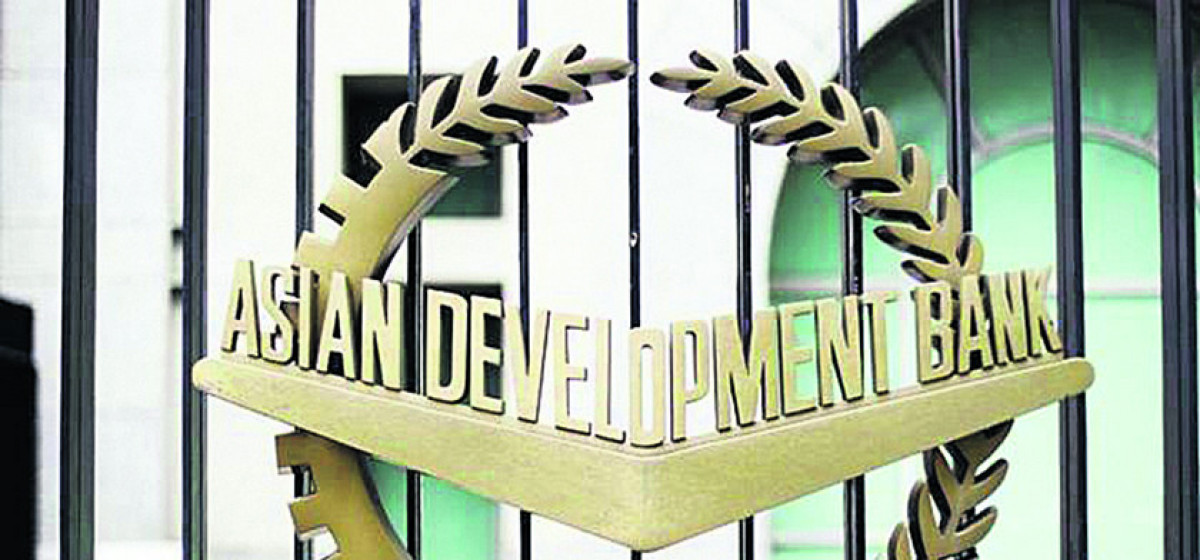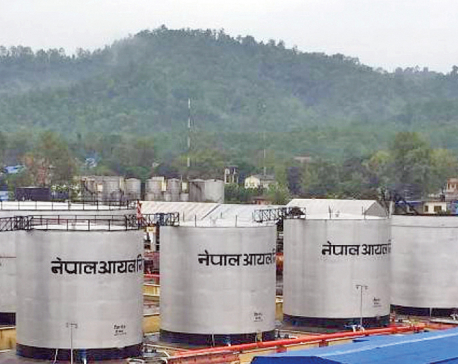
OR
ADB approves financing of USD 70 million to support horticulture in Nepal’s hilly areas
Published On: September 14, 2022 07:45 PM NPT By: Republica | @RepublicaNepal

KATHMANDU, Sept 14: The Asian Development Bank (ADB) on Tuesday approved US $70 million of financing to improve the livelihood and climate resilience of horticulture farmers in the hilly areas of five provinces in Nepal.
As a part of ADB’s overall efforts to address potential risks on food insecurity, the project will boost the productivity of 30,000 farmer households in Bagmati, Gandaki, Karnali, Province 1, and Sudurpashchim, mainly through the development of around 10,000 hectares of climate-resilient fruits and nut orchard. Citing an increasing demand for fruits and nuts amid an increasing urbanization and rising awareness for the nutritious foods in the country, the ADB has come up with the funding in the segment.
According to the ADB, partial grants will be provided to farmer groups and cooperatives to shoulder investment costs, while a credit guarantee fund will be established for farmers who lack collateral to access formal rural finance. The beneficiaries, represented by at least 30 percent women and 20 percent from the disadvantaged groups, will be trained in climate change adaptation practices, including soil management, crop husbandry, and drip irrigation, among others.
A growing portion of cultivated land in the hilly areas has been abandoned from farming as people are shifting to other employment and relying on remittance from abroad. The high climate vulnerability in lower hills and mid mountains also reduces farmers’ livelihood options.
“ADB’s loan will support the government’s push to revive horticulture farming in hilly areas of Nepal, highlighted in its declaration of 2016–2026 as the ‘Fruit Decade’,” said ADB Senior Natural Resources and Agriculture Specialist for South Asia Sunae Kim. “Aside from filling the gap between domestic supply and demand, higher profits expected from commercial fruit and nut farming could also help retain the younger population in the agriculture sector and offer income opportunities for women who are heading households after male out migration.”
The project will also enable farmers to market their produce by preparing a business plan collectively, and promoting cooperatives and marketing associations to aggregate horticulture products and manage their quality. Other interventions include training cooperatives and associations in food safety control systems, financial management, marketing, entrepreneurship and female leadership; supporting the preparation of contracts between cooperatives and buyers; and upgrading value chain infrastructure, such as traceability systems, commodity storage and collection centers, and orchard predator fencing.
To ensure quality planting materials, the project will improve the institutional capacity for nursery and horticulture sector management. At the national level, the project will develop nursery standards, certification scheme, and an inspection system; upgrade private nurseries and horticulture facilities for testing, cleaning, and maintenance of planting materials; train staff of horticulture facilities to meet global sanitary standards; and commission research on climate-resilient varieties of fruits and nuts.
The ADB’s financing comprises a USD 60 million in concessional loan from ordinary capital resources and a USD 10 million grant from the Asian Development Fund. The Government of Nepal will contribute about USD 14.5 million for the project, reads a press release of the ADB.
You May Like This

NOC slashes price of petrol by Rs 7 per liter, diesel and kerosene by Rs 5 per liter
KATHMANDU, May 15: Nepal Oil Corporation (NOC) has announced a significant reduction in the prices of petrol, diesel and kerosene. Read More...

ADB to provide US $932 million to Nepal in 2022
KATHMANDU, March 15: The Asian Development Bank (ADB) is injecting US $ 932 million in 2022 in Nepal - around four-folds... Read More...

Outreach Nepal lifts Nepal Ice AAN Futsal
KATHMANDU, May 13: Outreach Nepal has lifted the first ever Nepal Ice AAN Futsal Tournament 2018 defeating Media Basket by a... Read More...











Just In
- Challenges Confronting the New Coalition
- NRB introduces cautiously flexible measures to address ongoing slowdown in various economic sectors
- Forced Covid-19 cremations: is it too late for redemption?
- NRB to provide collateral-free loans to foreign employment seekers
- NEB to publish Grade 12 results next week
- Body handover begins; Relatives remain dissatisfied with insurance, compensation amount
- NC defers its plan to join Koshi govt
- NRB to review microfinance loan interest rate







Leave A Comment